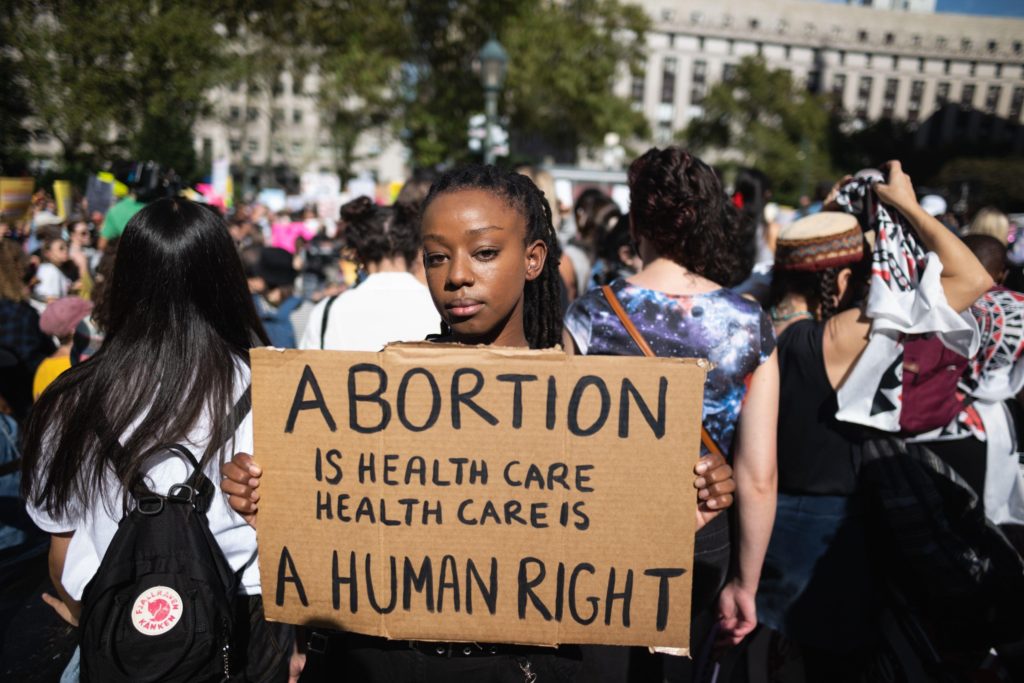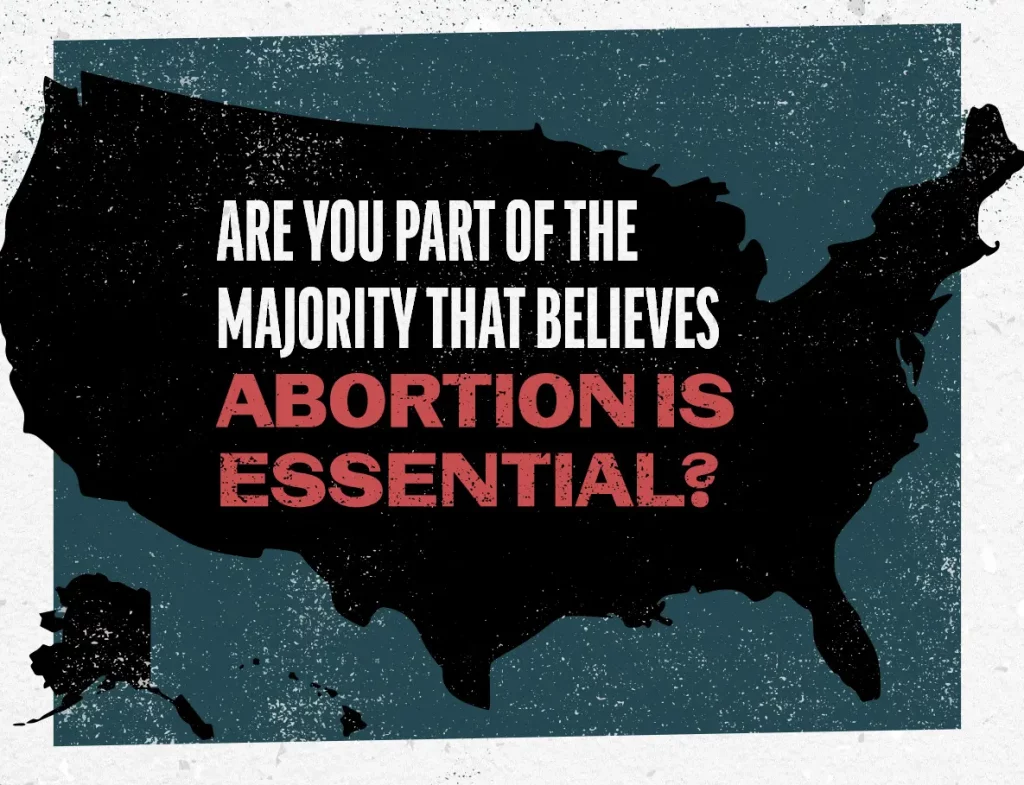Human Rights Body Hears Firsthand Accounts of Fear and Danger Caused by U.S. Abortion Bans
Inter-American Commission on Human Rights holds first hearing on U.S. abortion access since the U.S. Supreme Court overturned the constitutional right to abortion.
11.08.2023 (PRESS RELEASE) – Today, the Inter-American Commission on Human Rights heard personal stories and expert legal testimony revealing the dire situation faced by people seeking and providing abortion care in the United States. The Center for Reproductive Rights and 13 partner organizations requested and spearheaded the hearing before the Inter-American Commission.
Against a backdrop of abortion bans, criminalization, and tighter restrictions sweeping the United States, the witnesses described what it’s like to be threatened with criminal penalties for seeking and providing basic and necessary health care—and a fundamental human right—since the U.S. Supreme Court’s Dobbs v. Jackson Women’s Health decision.
“I was made to feel less than human,” said Kiersten Hogan, who shared her story of being denied abortion care while facing dangerous pregnancy complications in Texas. She is one of 19 plaintiffs suing the state of Texas. “I’m here sharing my experience with you because women deserve better. This shouldn’t happen to anyone no matter who they are or where they live.” The Center represents Hogan and other plaintiffs in legal actions against four states challenging the application of exceptions written into state laws banning abortion.
“Dobbs marked a cataclysmic retrogression on abortion that has resulted in a wave of abortion bans that undermine individuals’ rights to life, equality, and health,” said Rachana Desai Martin, Chief Government and External Relations Officer for the Center. “Over the past 30 years, international and regional human rights bodies, including this Commission, have confirmed that abortion is a human right. We look to this body to make recommendations to bring the U.S. back in line with human rights law and public health guidance.”
The extreme laws are deeply impacting health care providers who face prison time and career-ending penalties for providing care, including loss of licensure and large fines. Such threats cause a chilling effect, effectively preventing doctors from providing care. A nationally representative survey conducted in 2023 by KFF found that 68% of U.S. OBGYNs said the Dobbs ruling has worsened their ability to manage pregnancy-related emergencies.
Katie Quinonez-Alonzo, Executive Director of Women’s Health Centers of West Virginia and Maryland, and member of Abortion Care Network, testified on the devastating impact the Court’s decision has on her patients: “I remember the day Roe was overturned vividly. Our team made harrowing phone calls to dozens of patients. One patient was driving—she had to pull over because she could not stop sobbing. Another patient was a high school student on her way home… We believe people need more access to healthcare, not less.”
“In the United States, an individual’s reproductive rights and reproductive health outcomes depend heavily on where they live, how much money they have, and whether they face discrimination while seeking to act on their healthcare decisions,” said Monica Simpson, Executive Director of SisterSong, Women of Color Reproductive Justice Collective. “But fundamental rights should not be up for debate.”
International and regional human rights bodies, including those within the United Nations, recognize that access to abortion is critical to the human rights to health, life, dignity, privacy, equality and non-discrimination, and freedom from torture, cruel, inhuman or degrading treatment. Many UN treaty monitoring bodies and special procedures have denounced the U.S. Supreme Court’s ruling, some characterizing it as an erosion of human rights and democratic values and processes.
In the Americas, the United States joins only El Salvador and Nicaragua in removing legal protections for abortion, making it an outlier in the global trend to liberalize abortion laws, in contravention of its international human rights obligations. This in clear contrast to Colombia, Argentina, and more recently Mexico who have taken steps in the right direction by decriminalizing abortion.
The Inter-American Commission on Human Rights (Commission) is a human rights body of the Organization of American States (OAS), of which the United States is an active member. The OAS grants the Commission a level of jurisdiction to address human rights issues in member states. Within the OAS, the Commission is the primary body for addressing human rights violations in the United States.
The Center for Reproductive Rights is a global human rights organization of lawyers and advocates who seek to protect reproductive rights as fundamental human rights around the world. Since its founding in 1992, the Center’s game-changing litigation, legal policy, and advocacy work across five continents has transformed how reproductive rights are understood by courts, governments, and human rights bodies. The Center has offices in New York, Washington, Bogota, Nairobi, and Geneva.
###
MEDIA CONTACTS
Center for Reproductive Rights: [email protected]
SisterSong: [email protected] and [email protected]
Women’s Health Center of West Virginia: [email protected]



